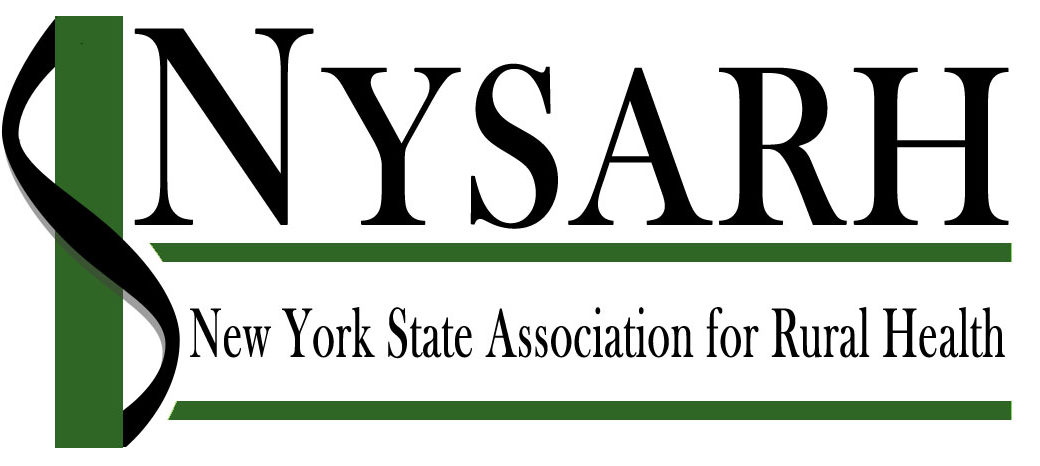NYSARH engages with issues that matter to rural health stakeholders in New York State. We aim to:
- Develop written documents exploring timely and impactful issues
- Summarize what we can know through data and prior research
- Identify policy levers that may provide opportunities for action leading to meaningful change.
Date
07/24/23
07/26/22
07/2021
Topic(s)
- mental/ behavioral health
- workforce
- rural hospitals
- system affiliation
- EMS
Have you used any of these materials in your education and advocacy work? We’d love to hear more. Please click the “I used this” button to log your use of any given item. Optionally, follow the “tell us more” link to fill out a very short form about when, where, and why you used it, and any feedback you can provide.
About NYSARH Briefs
What kinds of briefs do we produce?
NYSARH is building a set of issue related documents and tools to assist members and stakeholders in better educating their communities, organizations, and lawmakers about timely topics relevant to rural health in New York State. The types of documents we produce include:
- Issue Briefs: 5-8 page papers that include a problem statement, and summary of known data and research on the topic, an identification of policy challenges or opportunities, and a set of policy recommendations.
- Research Briefs: 3-4 page papers introducing a topic, summarizing what we know on that topic from national data and research, and using available state data to contextualize the issue to rural New York State.
- Policy Briefs: 2-3 page papers framing an issue within the policy context of New York State, identifying allies and audiences for advocacy, identifying state and federal policy levers related to the topic, and providing policy recommendations for future education and advocacy work.
Who writes them ?
Our existing policy briefs have been written by participants in some of NYSARH’s educational endeavors: our NYSARH Research and Policy Fellowship, Upstate Institute Field School collaborations with Colgate University, and other student internship opportunities. Are you interested in producing a brief for NYSARH? Please contact us to discuss your ideas for topics and policy opportunities.
How are NYSARH’s briefs vetted?
Authors of our documents work closely with members of NYSARH’s education and policy committees to ensure that their products reflect the views and values of NYSARH and support its mission. Research papers are reviewed and approved by the Education Committee. Policy papers are reviewed and approved by the Policy Committee. Issue Briefs are reviewed and approved first by the Education Committee, then by Policy. All documents are reviewed and approved by the full NYSARH Board of Directors before being made available as a NYSARH brief.
How do we pick topics for briefs?
Many of the topics are identified through the Policy Committee’s annual priority setting for the legislative agenda. At times, relevant issues arise as state or national policy changes bring them to the fore. If you would like to suggest a topic that you believe NYSARH should explore in future briefs, please let us know.
How can I get involved ?
We welcome diverse participants and viewpoints in our process in order to enrich our understanding of rural health issues and how they impact our communities and stakeholders. There are several ways that you can be involved in the production of NYSARH briefs:
- Participate in NYSARH’s Education Committee
- Participate in NYSARH’s Policy Committee
- Volunteer your content expertise to inform a future brief
- Apply for NYSARH’s Research and Policy Fellowship
- Volunteer to mentor or advise a Research and Policy Fellow
- Collaborate on experiential learning opportunities with and for your students (independent studies, capstones, class projects, etc.)
